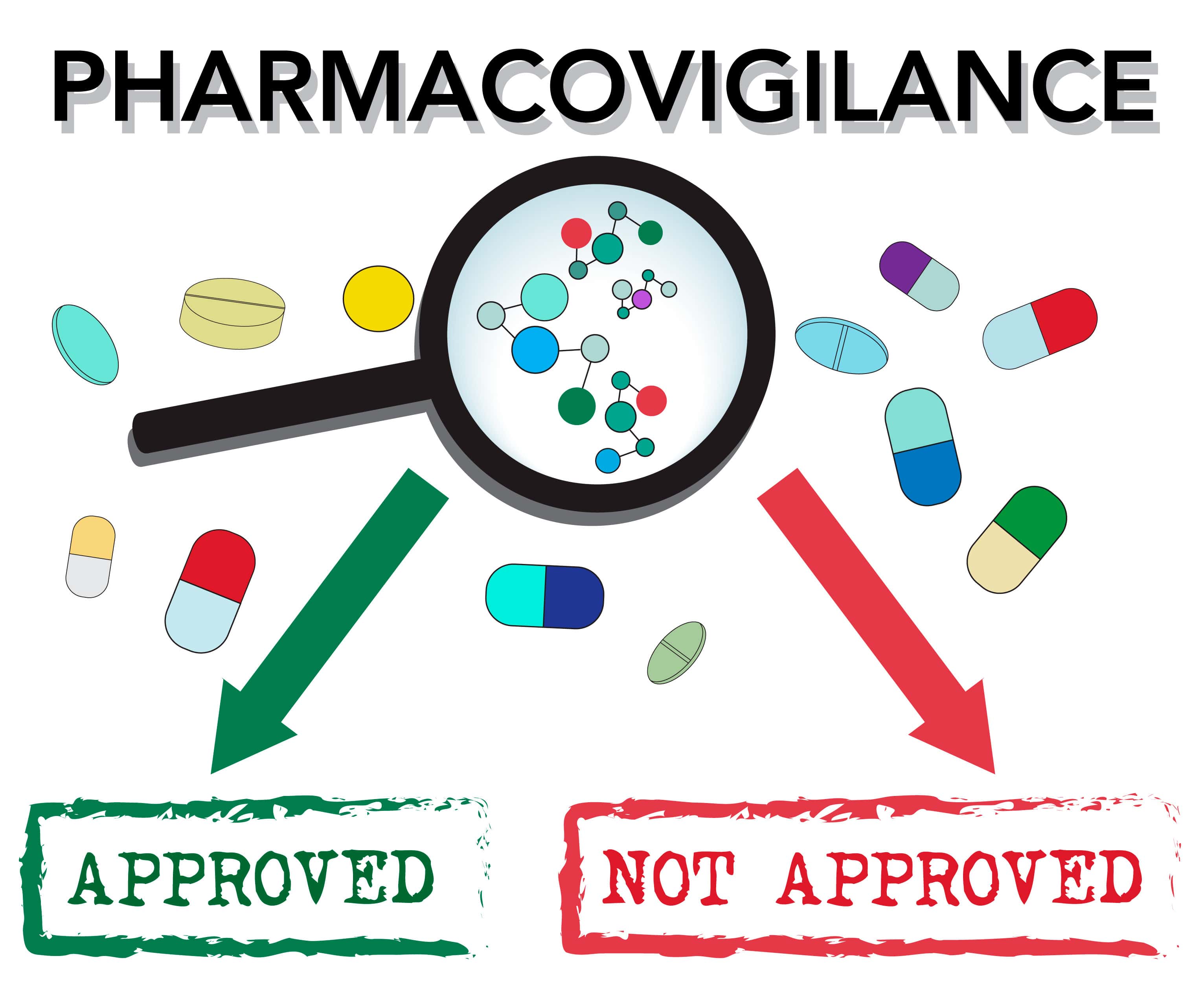(+91) 9595750750
Pharmacovigilance (PV) is providing an excellent career option for students with pharmacy and life-science backgrounds. The field of pharmacovigilance is rapidly increasing with brilliant talents from the top to the bottom level of the hierarchy. The reason for this pharmacovigilance boom is the career growth opportunities in the field, good pay package, well suited work environment, hiring potential and rapid growth in the industry. An individual with life science knowledge and pharmacovigilance training can reach the top of the ladder in no time.

If you are interested in starting your career in pharmacovigilance, these interview questions will help you in preparing for the interview as well as cracking it.
Getting your CV Shortlisted for an interview is very important and resumes with pharmacovigilance training, pharmacovigilance course or pharmacovigilance certification might have a better chance of being shortlisted along with a life science degree.
Pharmacovigilance jobs Interview Questions
1. What is Pharmacovigilance?
According to the World Health Organization (WHO), pharmacovigilance is the science associated with the detection and evaluation of adverse effects or other drug-related issues.
In other words, you can explain pharmacovigilance as a science of collecting, monitoring, and assessing the patient information received from a healthcare provider. The patient information is assessed for adverse effects of a medicinal, biological or herbal product.
2. Why is Pharmacovigilance required?
A drug launched in the market is checked for its efficacy and safety in clinical trials. Upon launching the drug, it may, however, show adverse effects in some patients. Knowing these adverse effects is important to maintain the safety of the drug in the market. Hence, pharmaceutical companies rely on pharmacovigilance to evaluate the drug safety profile. The data received from pharmacovigilance is utilized to assess the drug and submitted to regulatory authorities for any amendments. If a drug is deemed unsafe, it is restricted from the market. All of this happens because of a sound pharmacovigilance system
3. What is Adverse Drug Event (ADE)?
As per ICH Adverse Drug Event or Adverse Event is a harm caused by appropriate or inappropriate use of drug. It may include in-correct dosage, provider error etc. This event can take place in a clinical investigation also.
4. What is Adverse Drug Reaction (ADR)?
An adverse drug reaction is defined as an untoward and noxious response to a drug. This may occur at normal doses of the drug intended for the treatment, prophylaxis, or diagnosis of a disease. In simpler words, an adverse drug reaction is a harmful response to the drug which occurs at normal dosages.
5. What is the Difference Between ADR and ADE?
ADE and ADR may appear similar. The main difference between the two is the underlying cause. If the cause of an adverse occurrence can be defined or found, it is called an adverse drug reaction (ADR). On the other hand, if the cause is unknown, it is called an adverse drug effect (ADE).
6. Which Are the Important Regulatory Bodies?
The main regulatory bodies for countries are:
a. United States of America: United States Food and Drug Administration (USFDA).
b. India: Central Drugs Standard Control Organization (CDSCO).
c. EU: European Medicines Agency (EMA).
d. Japan - The Ministry of Health, Labor and Welfare (MHLW).
7. Do You Know About ICSR?
ICSR stands for individual case study report. It is a collated report on adverse events occurring in a patient. The information in the report is based on the patient data received from healthcare providers, patients, or members of the WHO.
8. Do You Know Anything about VigiBase?
Vigibase refers to the drug repository. It is the largest repository in which drug safety data all over the globe is entered. It is maintained and managed by Uppsala Monitoring Centre (UMC).
9. What is DSUR?
DSUR stands for development safety update report. It is a globally organized safety documentation that includes the safety data of pharmaceutical products used in their development or during a clinical trial. This safety data is integral during the marketing of the drug.
10. What are PSURs?
PSURs is Periodic Safety Update reports, these reports are used for drugs already approved for marketing, unlike DSUR which is used for drugs still under development. PSUR document provide an evaluation risk benefit balance of a drug and these reports help in concluding If any further investigation are needed.
11. What are the Criteria for Entering a Pharmacovigilance Case?
A PHARMACOVIGILANCE case can only be entered in the below information is present:
1. An identifiable patient.
2. An identifiable reporter.
3. A suspected product.
4. Adverse drug events.
12. When Is an Event Considered to be Serious?
If the event is associated with any one of the below, it is deemed serious:
1. Hospitalization of patient.
2. Life-threatening condition.
3. Death of the patient.
4. A congenital anomaly caused by the product.
5. Disability caused by the product.
13. What is Informed Consent?
Informed consent is defined as a process of getting approval before administering a drug to a person or disclosing personal information.
14. Do You Know Anything About Yellow Card?
A yellow card is a part of the United Kingdom system. It is used to collect information on ADRs on medicines. This card allows the monitoring of drugs concerning safety.
15. What is MedDRA?
MEdDRA = Medical dictionary for regulatory activities, it is a dictionary developed by ICH for use by regulatory authorities.
Conclusion
The above questions will help you in gaining an insight into the field as well as appearing informed in your interviews. If you are a Freshers with a life science graduate and are looking to crack that job interview, we recommend to take our pharmacovigilance course. For more information and to get trained click on Pharmacovigilance Course